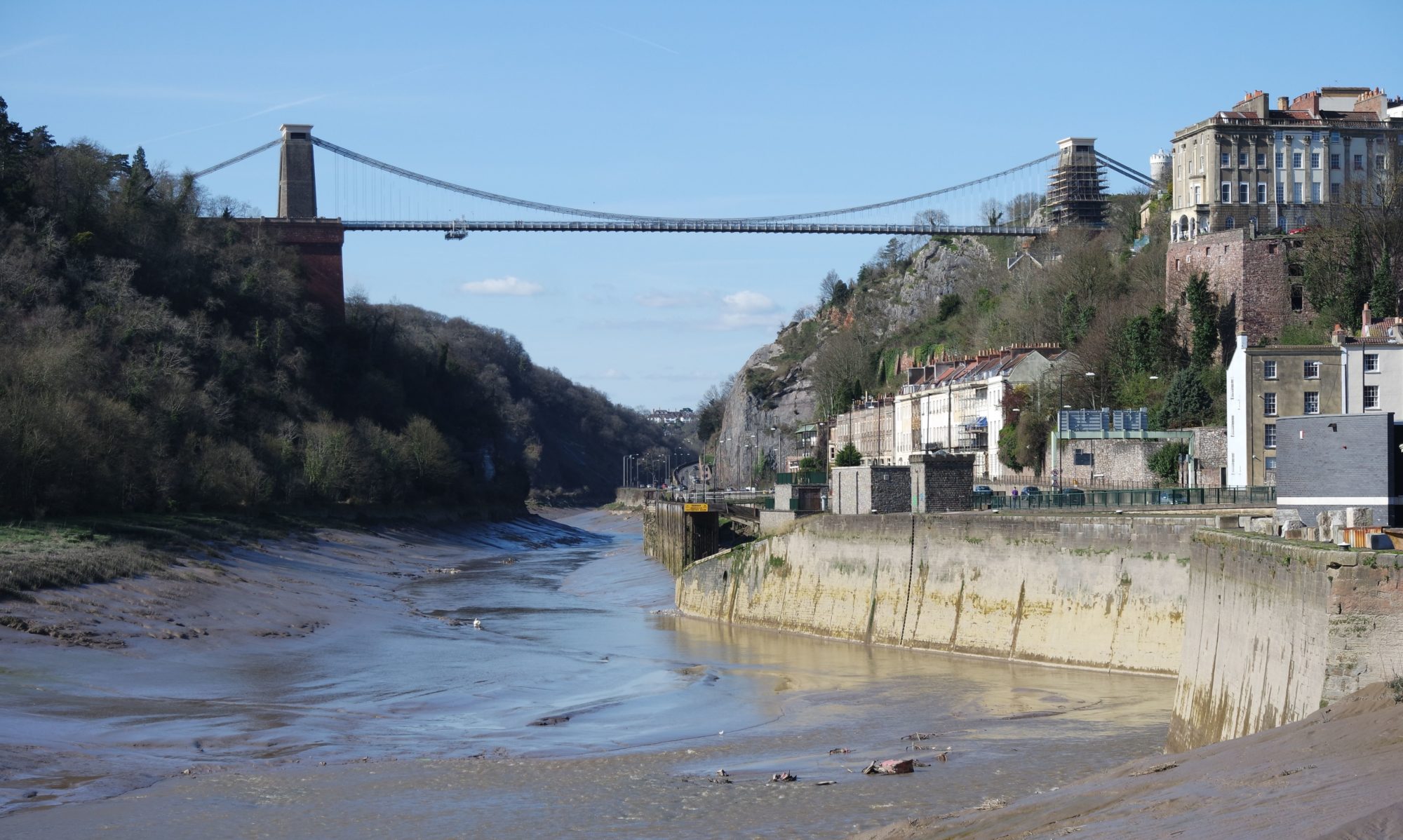Sunday, November 1, 2009 12:26:26 PM
This is what I know, plus some guesses, about my family history, and some first-hand anecdotes.
My view of William Snaden (1876 to 1959)
by Andrew G Snaden
William Snaden was born somewhere in the Firth of Forth: I have been told he came from Alloa, but may have been born in any of the forty-odd towns and cities in the area, but one has to pay to search online Scottish records, and in view of the number of William Snadens around from the 17th century, I think it would be unlikely that another of the same name would work for the same company, The Bristol City Line of Steamships, and how he came to be working for a Bristol-based company owned by Charles Hill shipbuilders. He also appeared to have become a captain in his twenties, so at a time when sailing ships were still paramount, he may well have been a talented engineer who rose up the ranks to be put in charge of the line’s flagship, the Bristol City. I have been able to get some information, and there was an earlier ship which I have a picture of on a postcard sent by “Pop” as he was known later, to my Dad when he was a small child, but that one was sold or scrapped and the name transferred to a new vessel. I also have other postcards of other ships of the line that Pop sent to “Georgy”, as Captain William spent a lot of time at sea, from sailing in arctic waters, to the Suez Canal and the USA to my knowledge.
How William came to this area, in particular, Portishead, is interesting: around the turn of the 19th and 20th centuries, William would often sail into the Floating Harbour in Bristol, tying up by Canons Marsh. In those days most cargoes were handled by stevedores and small dockside cranes, so even a relatively small ship that could navigate the River Avon would take several days or more to load or unload. William, who was used to the fresh sea air and the Scottish Highlands, didn’t like the cramped and smelly city, so while the work was being done, would often take a train to Portishead and go for a walk to Battery Point (the Esplanade was yet to be built) and watch the ships go by.
On one of his walks, he met the local Peeler’s daughter (the constables were nicknamed after Sir Robert Peel, the then Home Secretary), who was Florence Palmer. I checked the 1901 census, to find that she was born in Portishead, was twenty-six in that year, and a dressmaker. Evidently they were married not long after then, and had three children, Reginald, who I never knew, as he died in his twenties in a motor accident, and by all accounts was a bit of a lad, Jesse, who never married and was my favourite aunt, and George, my father, who was born in 1907. I am the eldest of three sons, and Mum, who who passed away aged ninety in April 2009 and the second oldest of eight, was born Bridget Parsons. There are a lot of Parsons in Somerset who are related to me, plus a few other families related by marriage, but I want to find out more about my paternal grandfather, William.
This is the Tribute to my mother (“Mum”) that I read at her funeral in April 2009 at St Peter’s Church in Potishead. Today (1st November 2009) would have been her 91st birthday.
In memory of Bridget Snaden,
born 1st November 1918, lived to 14th April 2009 (nearly 90 and a half).
Mum was born in the village of Mountain Ash, near Aberfan in the Ogwen Valley in Wales, the second of eight children, to Archibald James Parsons and Maria Parsons, who were from a family of navvies from Cornwall who travelled around doing the heavy work of earthmoving before the days of JCBs, mostly following the work on the Great Western Railway. The Welsh valley branch lines were improved for better access to the high quality coal from the mines they serviced to run the express trains, then when the contract was complete Archibald sought more work, finding it at Portishead A power station cutting the tunnels to take cooling water to and from the Bristol Channel.
Bridget was eight years old, and the growing family found accommodation in Church Cottage, High Street, Portishead, which was demolished in 1932 to make way for the former post office, in Pill, where they didn’t stay for very long and then in Blackmoor Lane, Abbots Leigh, in a wood and asbestos bungalow with old telegraph poles as foundations, which needed constant repairs. Eight children running around must have given it quite a pounding!
Bridget grew to maturity, and the second world war found her in a workshop in Harbour Road, Portishead. As she was very good with her hands she found a niche refurbishing small parts of American trucks that had been affected by salt spray on their way across the Atlantic to Portishead Docks to help in the War Effort and she met George, who had a reserved occupation making aircraft parts, which meant that he didn’t get called up to fight, but did join the Home Guard.
After the war they married and in 1947 Andrew was born, but three years or so later, Bridget contracted TB which left her with a much-reduced lung function, and it took some years before she was strong enough to have two more sons, Hilary, then Peter. Our Dad, George worked in garages and drove coaches, so was often away all day, but sadly, he died of cancer in 1982. Although we weren’t rich, Mum fed us well, knitted wonderful pullovers, made her own clothes and mended those we tried to destroy, but most of all, she was always there!
Maria her mother lived to 102, and Mum has done very well to get near that age in spite of her failing health, and I would like to thank Dr Pemberton her GP, and all who have nursed her as the scars of TB have affected her making her more frail, but her spirit pulled her through the many infections she was prone to, until she could take no more. I mustn’t forget to thank also Hilary who has been her carer for several years, Peter and his wife Carrie for their frequent visits to her, and in particular to Carrie for her ever-present cheery smile and her encouragement and support just before and since Mum passed away.
Andrew Snaden. (With contributions from my brother Peter.)
If you are not sure of the word “navvy” plural “navvies”, look here for a definition:http://en.wikipedia.org/wiki/Navvy

This building in Portishead High Street was built as a post office in front of where Rose Cottage stood where the Parsons family lived at one time.

The Folk Hall is now the home of the Town Council as well as a place where events take place. The upper floors were emergency housing at the time the Parsons came to Portishead and I believe they lived there while Archibald looked for work before taking the temporary tenancy of Rose Cottage, which was owned by the Post Office. The family moved out when the cottage was demolished.


